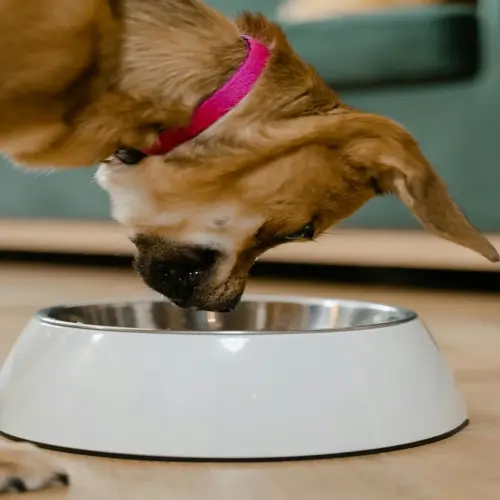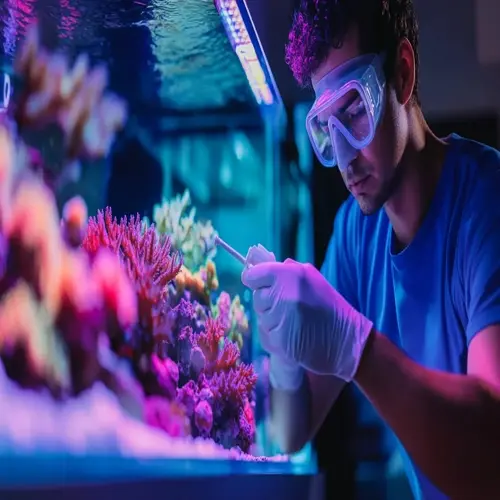What post-flight care do pets require?

Written by
Robert Brown
Reviewed by
Prof. Henry Webster, Ph.D.It is essential to properly care for your pet after air travel, as it will aid its recovery. Begin by rehydrating gradually in a quiet, secluded area away from the airport crowd. Watch for any symptoms of stress (i.e., rapid panting, lethargy). Do not feed the pet for several hours, and limit exercise. Procedures should be based on the length of travel and the species of pet.
0-4 Hours After Landing
- Offer small water portions every 15 minutes
- Check gum color and skin elasticity for dehydration
- Provide quiet recovery space with familiar bedding
- Limit handling and external stimuli
- Take rectal temperature if trained
4-24 Hours After Landing
- Introduce quarter-portion meals of regular food
- Monitor litter box use or bathroom patterns
- Check for abrasions from carrier contact points
- Observe breathing patterns during sleep
- Begin short leash walks for dogs
24-48 Hours After Landing
- Resume full feeding schedules
- Gradually increase exercise duration
- Document unusual behaviors in a journal
- Schedule vet visits for high-risk breeds
- Return to normal routines gradually
Hydration protocols vary between species following flights. Dogs need small amounts of water frequently. Cats prefer to take in water through wet food. Brachycephalic breeds benefit from electrolytic supplements because of their shorter gullets. Birds require misting to hydrate. All puppies need greater access to water than adults. Intake must be carefully monitored.
Create a restful recovery area right away. Use familiar sheets that smell like home. Minimize noise and visitors for the first 24 hours. For households with multiple pets, initially isolate the newly arrived pets. Gradually acclimate them to the normal household routine. The reduction in disorientation and stress helps everyone.
Veterinary follow-up is crucial in certain situations. Brachycephalic pets should be rechecked for respiratory problems. Old pets require regular joint mobility checks. Young animals need a recheck of their developmental status. Be sure to document symptoms such as vomiting or diarrhea. They need immediate professional attention.
Read the full article: Flying with Pets: Essential Guide for Safe Travel

